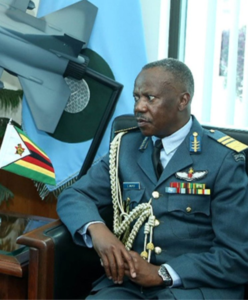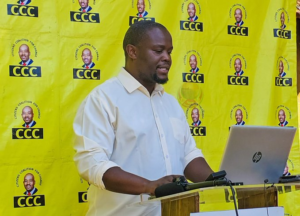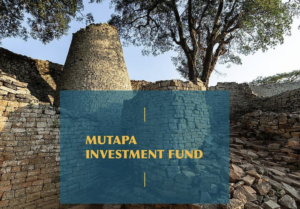CHINAMASA’S ERRONEOUS VOTE COUNT SPARKS NATIONWIDE OUTRAGE
In a startling development that has sent shockwaves through Zimbabwe’s political landscape, a recent incident involving the premature and incorrect announcement of electoral results by a high-profile figure has brought into sharp focus the sanctity of the nation’s democratic process. During a ZANU PF press conference, a statement made by Chinamasa, regarding the outcome of an election, has ignited widespread backlash and sparked urgent discussions about the integrity of Zimbabwe’s electoral system.
Zimbabwe, a nation no stranger to electoral controversies, upholds stringent laws concerning the declaration of electoral results. These regulations are not mere formalities; they are the foundation of ensuring free and fair elections, a cornerstone of any democracy. Central to this legal framework is the stipulation that only the Zimbabwe Electoral Commission (ZEC) is vested with the authority to announce election outcomes. This protocol is not just procedural; it is a bulwark against the chaos that can ensue from misinformation or manipulation of the electoral process.
The premature declaration by Chinamasa, which was not only untimely but also factually incorrect, is not just a lapse in judgement; it constitutes a criminal offense. In Zimbabwe, falsifying or prematurely announcing electoral results is a serious violation of the law, attracting stringent punitive measures. Such actions threaten the stability and credibility of the electoral process, eroding public trust and potentially inciting unrest.
This recent faux pas by Chinamasa is particularly alarming given Zimbabwe’s history of electoral contention. The incident is not simply a matter of erroneous reporting; it signifies a blatant disregard for the critical responsibility that comes with disseminating such sensitive information. The incident is a stark reminder of past electoral disputes that have resulted in significant civil discord, highlighting the urgent need for political leaders, regardless of their affiliations, to rigorously uphold the integrity of the electoral process.
The ramifications of such a breach of electoral law should extend beyond mere censure. It demands a comprehensive investigation and, if necessary, severe legal consequences. It is incumbent upon ZEC and other pertinent authorities not only to denounce these actions but to rigorously enforce the laws safeguarding the sanctity of Zimbabwe’s elections.
This episode also underscores the need for broader electoral reforms and increased vigilance. An effective electoral system should incorporate both punitive measures for violators and preventive mechanisms to forestall such occurrences. Moreover, the media and civil society play an indispensable role in holding those in power accountable, as well as in educating the public about the electoral process, its rules, and the implications of deviating from them.
As Zimbabwe continues to navigate its path toward a more robust democracy, incidents like the one involving Chinamasa’s erroneous announcement are a sobering reminder of the obstacles that remain. Such events call for deep reflection, comprehensive reforms, and a unified commitment to safeguarding the nation’s electoral integrity. This moment is not just about the politics of the present; it is about shaping a legacy for future generations. The manner in which Zimbabwe responds to this challenge will be a critical measure of its dedication to upholding democratic principles.



